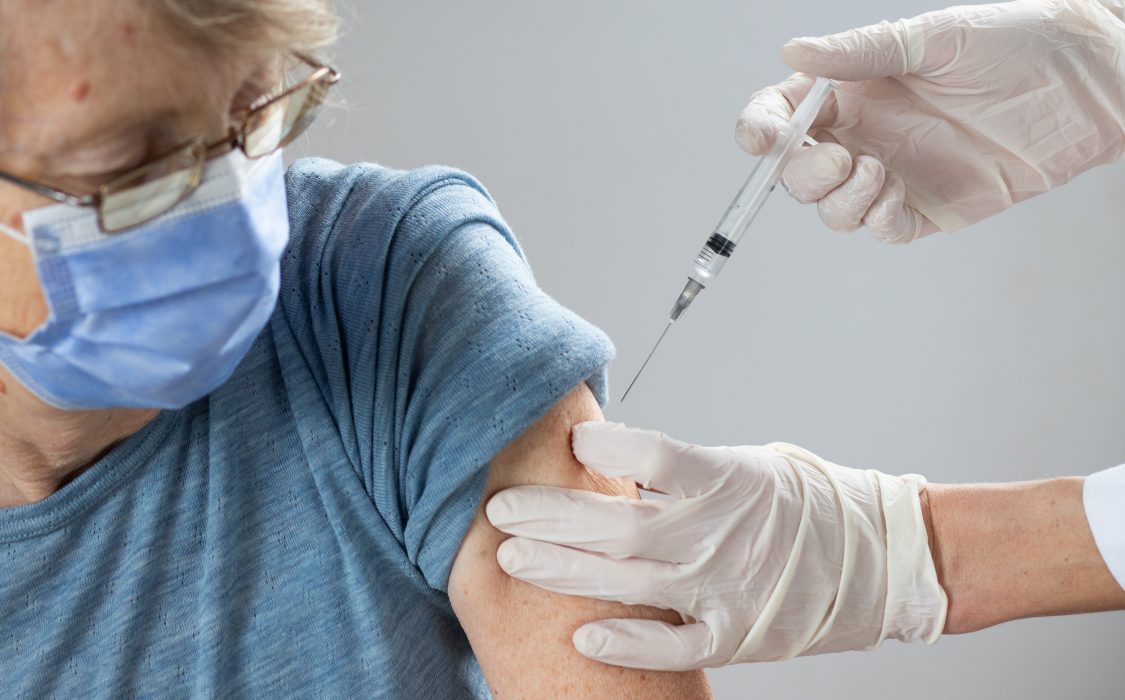This year alone, more than 41,000 adults in the United States will be diagnosed with primary liver cancer. To better understand this number, imagine how many people it would take to fill more than half of Lincoln Financial Field. During October, Liver Cancer Awareness Month, health authorities are focusing on chronic hepatitis B and chronic hepatitis C, which significantly increase your risk of liver cancer.
Over the past decade, more than 75,000 Philadelphians have suffered from chronic hepatitis B or hepatitis C. So, how can you help prevent hepatitis B and hepatitis C infections and protect liver health?
Take the test
The symptoms of hepatitis B and hepatitis C are similar. They include yellowing of the skin and eyes, fatigue, fever, abdominal pain and vomiting. If you experience any of these symptoms, be sure to get checked out.
However, it is important to know that most people will not show symptoms when infected with hepatitis B or hepatitis C. Therefore, the Centers for Disease Control and Prevention (CDC) recommends that everyone 18 years and older be screened for hepatitis B and C at least once and during every pregnancy, and more frequently if there is ongoing risk. Screen frequently for hepatitis B and C. Factors. To find a screening location near you, visit phillyhepatitis.org.
vaccination
The hepatitis B vaccine can help reduce the spread of the virus and prevent long-term diseases, such as liver cancer. All babies should receive their first dose of hepatitis B vaccine at birth. They usually complete the series in their first year. All adults ages 18 to 59 and people age 60 and older who are at increased risk of exposure to hepatitis B should also get vaccinated. Talk to your health care provider about getting vaccinated. If you don’t have a health care provider, check out our Primary Care Finder for some options that may meet your needs. To find a Philadelphia pharmacy offering the hepatitis B vaccine, visit hepcap.org.
receive treatment
Although there is no cure for hepatitis B, treatment is available to relieve symptoms and reduce liver damage. However, hepatitis C can be cured in about 8 to 12 weeks with medications that have few side effects. For more information about hepatitis B and hepatitis C prevention and where to get treatment and cure, visit phillyhepatitis.org
Get screened for liver cancer
Because hepatitis B and C can lead to liver cancer, it is important that people who have been infected are regularly screened for liver cancer by a healthcare provider. This is true whether people have cleared or cured the infection naturally or still have hepatitis B or C. According to the American Cancer Society, people who are at higher risk for liver cancer should be screened every six months. Liver cancer screening includes a liver ultrasound and blood tests.
This October, make sure to prioritize your liver health with hepatitis B and C screenings, vaccinations, and treatment. To request viral hepatitis-related educational materials for your community or organization, please email hepcap.philly@gmail.com. Also, follow @hepcap on Instagram for the latest viral hepatitis news and events.

